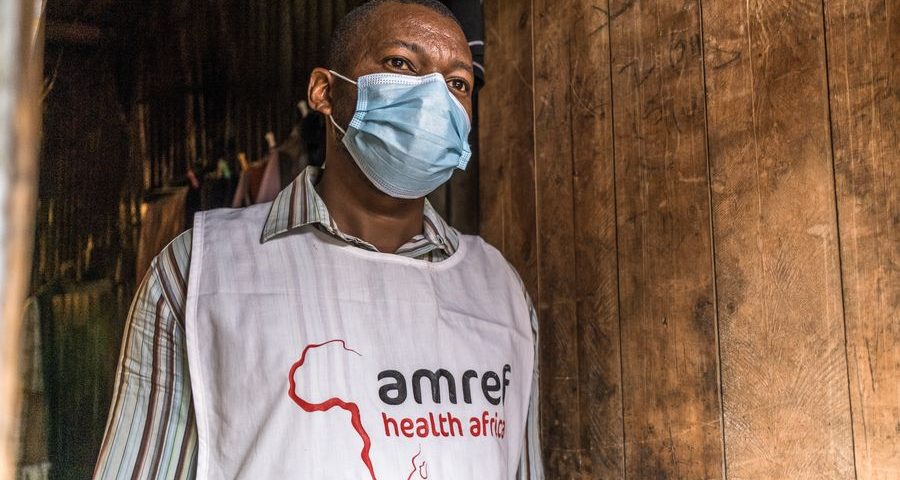
European countries among highest scorers for philanthropic environment but hurdles remain
April 13, 2022
French presidential candidates formally commit to supporting civic action & generosity
April 13, 2022Fundraising appeals led by the people they intend to help could raise more money and be more effective than those created by the charity itself, research by the University of East Anglia (UEA) and University of the Arts London (UAL) has found.
Conducted In partnership with Amref Health Africa, the ‘Who Owns the Story?’ study involved two appeal packs going head-to-head with supporters, one of which was charity led, while the other was participant led.
The researchers, UEA’s David Girling and UAL’s Jess Crombie, aimed to explore how UK audiences respond financially and emotionally to stories of poverty developed and told directly by the image ‘subject’ in their own words, compared to fundraising materials designed by the charity.
Two appeal packs were sent out to around 1,800 people on Amref UK’s supporter database. The first pack was created by Patrick Malachi, a community health worker in Nairobi, Kenya, who controlled all editorial decisions, took, and selected the images, and told the story in his own words. The second was created by Amref with the help of a professional photographer and told in the voice of the INGO.
Patrick’s pack raised an average gift of £76.23 compared to £55.50 for the one created by UK-based fundraisers. It also raised 38% more compared to previous appeals.
A questionnaire was sent to all supporters who contributed to Patrick’s pack with a thank you letter from Amref, and this received an 8% response rate. Responses showed that stories produced by people from their own communities feel more authentic and can create a stronger emotional bond with donors:
- 80% of respondents interpreted the appeal as someone who is being helped by Amref but who is also helping themselves.
- 83% of respondents had an emotional connection with the story.
- 31% believed the appeal was different to other appeals they have seen.
- Respondents valued Patrick telling the story using his own words and images.
- Respondents actively recognised that this leaflet was attempting to overturn some stereotypes or savourist narratives, and this made them feel more inclined to donate.
Participants in the appeal created by the community health worker also felt good about what outsiders were hearing about their community, with Patrick saying: “The best thing is that you are talking directly to the real people, they have the best knowledge, the true picture of what they are saying.”
David Girling, from UEA’s School of International Development, said:
“This research proves without doubt that it is possible to enable participant-led choices regarding storytelling, and still raise as much money as if you had created the fundraising materials yourself.”
Jess Crombie, from UAL’s London College of Communication added:
“Our results show there is another way of gathering and sharing the stories of people living in poverty around the world.
“It is really about trusting that if we hand the power of editorial decision-making and narrative choice to the people living these stories, we won’t just be doing something ethically sound, we will also tell more powerful, more interesting and ultimately more effective stories.”
The research was inspired by previous work carried out by Crombie and Girling investigating ‘subject’ responses to their portrayals in humanitarian campaigns. This was carried out during and following a number of events that caused the aid sector to reconsider their approach to communications and fundraising. These included the COVID-19 pandemic, the broader conversations around the need for anti-racist behaviours within the sector; and several scandals in how the humanitarian sector interacts with those that it serves. It also happened during a period of broader understanding of the need to recognise colonial histories and how attempts are made to decolonise.
Rachel Erskine, Communications Manager at Amref Health Africa UK, said:
“Amref has made a public commitment to ethical storytelling and representation in fundraising and communications. In practice, this means – among other things – creating opportunities for the people we support to tell their own stories directly to the UK public.
“Partnering with UEA and UAL on ‘Who Owns the Story?’ was a way for us to take that commitment to the next level and really put our money where our morals are by testing the widely-held assumption that differently-told stories won’t move supporters to take action.”
Photo of Patrick Malachi, Amref Community Health Worker, Kibera, Kenya. Credit: Brian Otieno




